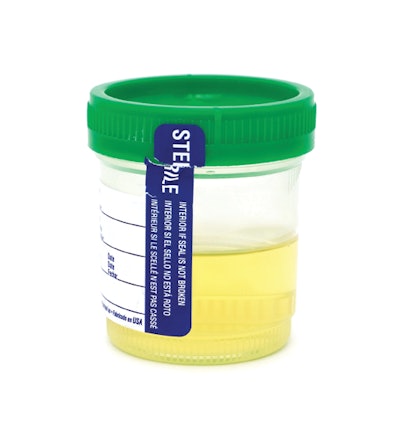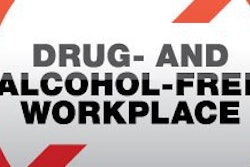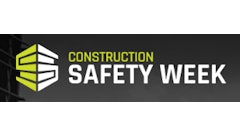
My friend Bill called me last week with a new problem. It seems that one of his employees backed a company pickup truck into a partially open garage door and did a fair amount of damage to both door and truck. Fortunately, no one was hurt. Bill told me that when he talked to the employee, he appeared dazed and confused and really didn't have a good explanation for what happened. Bill told him to be more careful and sent him back to work.
A week later, the same employee did it again — only this time, he caused a lot more damage. Bill fired the employee and called me to make sure he had done the right thing. I think I surprised him by asking "Bill, did you have him tested for drugs?" Bill told me that he didn't have a drug testing policy in place. We fixed that.
Today, all contractors should adopt and use a fair and consistently enforced drug testing policy. Even for those employers that have a drug testing policy, all too often, the policy is out of date.
There are a number of things to consider when looking at your drug testing policy. First, who should it cover? The answer: Everyone. It is not enough just to test applicants for employment; all your workers should be covered by the policy whether they work in the field or in the office. After all, any one of them can pose a threat to your business if under the influence of drugs.
Second, you need to consider when to test for drugs. There are generally five situations where drug testing is appropriate: pre-hire, post-accident, reasonable suspicion, return from leave, and random. Let's look at each.
Obviously, pre-employment testing is necessary to prevent hiring someone with a drug problem. If you don't test applicants for drugs, who do you think will apply for your jobs?
Post-accident testing might have prevented Bill from allowing his employee to get behind the wheel and cause a second accident. Any workplace accident or injury should be followed by a drug test. It helps keep workers clean and leads to a safer workplace.
When a worker returns from a medical leave of absence, you will want to ensure that the worker is not still impaired by any medications taken during the leave. Normally, this is part of the "return to work" certification by the employee's physician, but you should take steps to ensure that the worker is truly fit to work, and that may sometimes mean sending the worker for drug testing.
You should also test employees for drugs when you have "reasonable suspicion" or a reason for believing that someone is "high" on drugs and at work. Reasonable suspicion can involve a wide variety of factors, but the bottom line is that because of the way the person is acting on the job, you have reason to think that drugs are a factor in the employee's behavior or conduct. Your local drug testing facility or occupational medicine clinic/office can help you identify the reasonable suspicion factors and may even provide training for your supervisors to spot them.
Some people view random drug testing as an invasion of their privacy. The fact is that random drug testing is one of the best ways to deter drug use on the job and ensure a safe workplace for everyone. One of the best deterrents to drugs in the workplace is the knowledge that at any moment during the workday, any person in the company can be selected for a random drug test.
Third, you need to consider what your policy prohibits. Nearly all drug testing policies prohibit the use of illegal drugs. A better policy should also prohibit the abuse of legal drugs. The better way to think of this is that you are not trying to prohibit the drug — instead, what you are trying to prohibit is impairment on the job, so it really doesn't matter too much how it is caused. Your policy should forbid employees from being impaired at work or while working regardless of whether the source of impairment is use of illegal drugs, abuse of prescribed or over-the-counter drugs, or exposure to chemicals or some other substance.
By making certain that your policy is up-to-date and effective, you will save money in the long run and have a safer working environment. Of that, I AM positive.




















